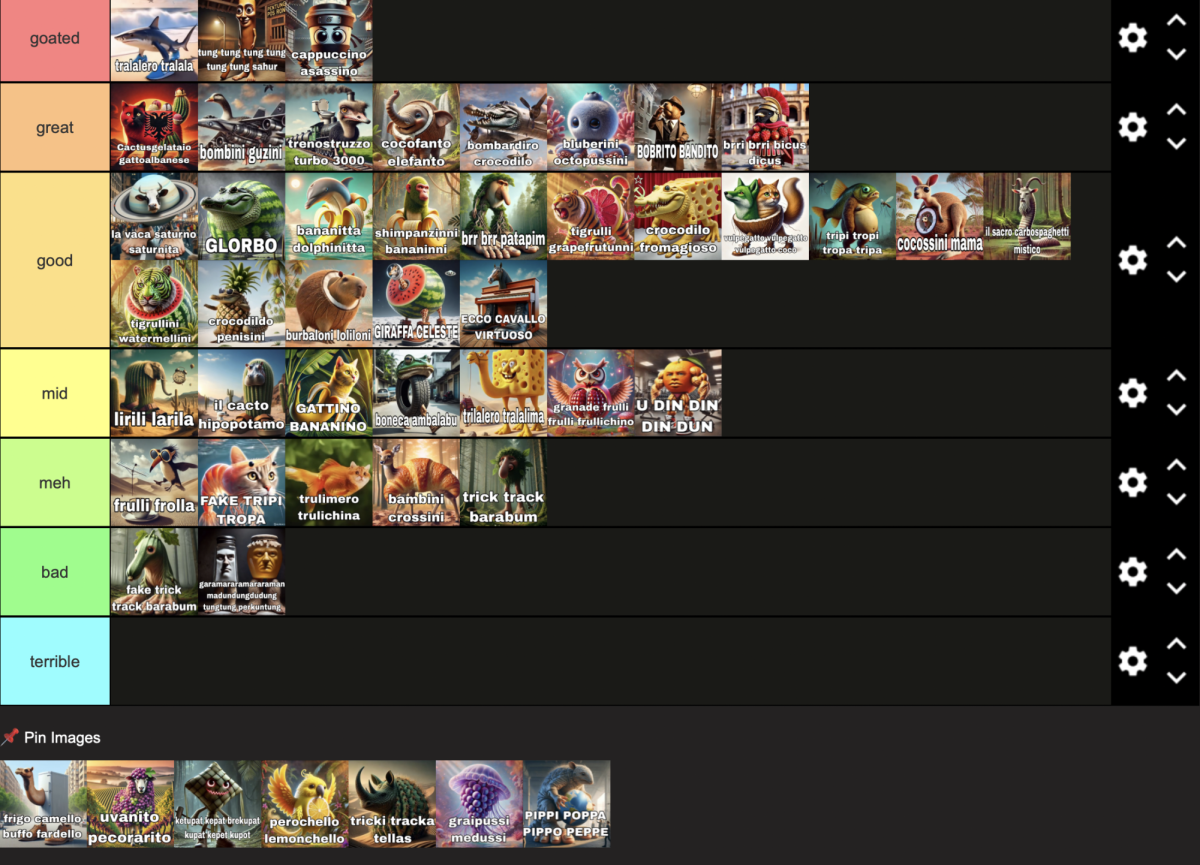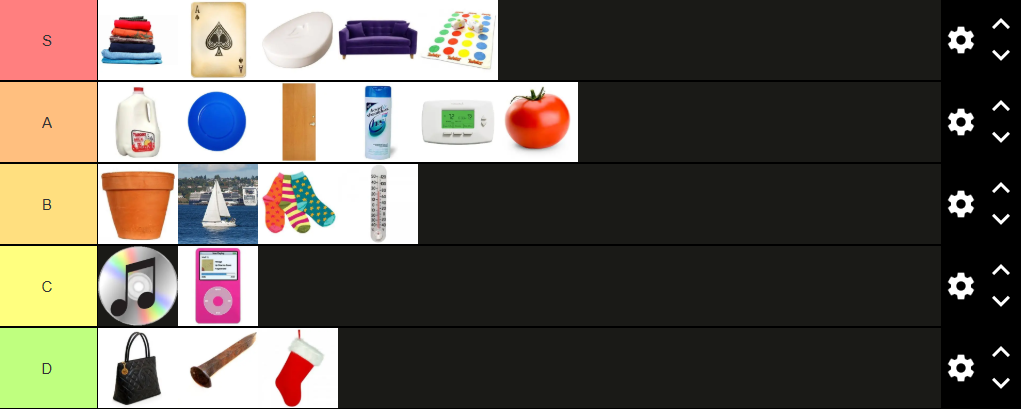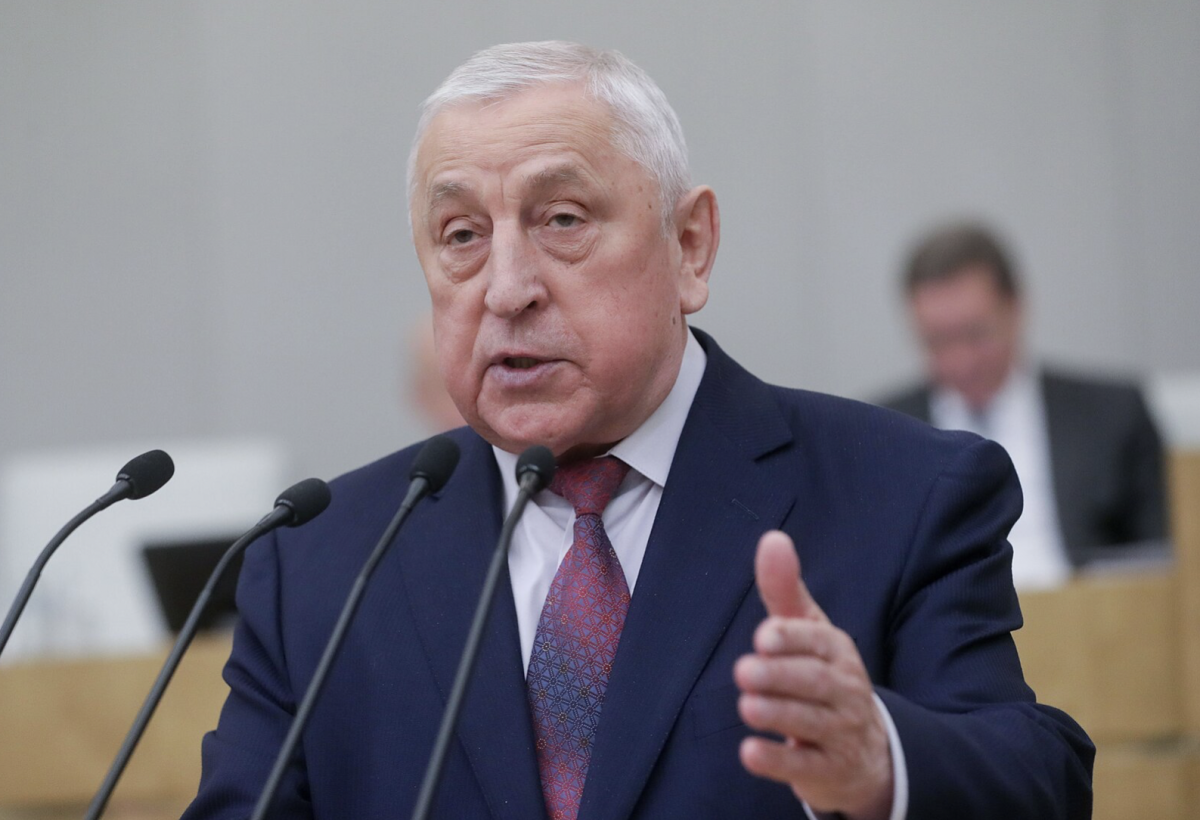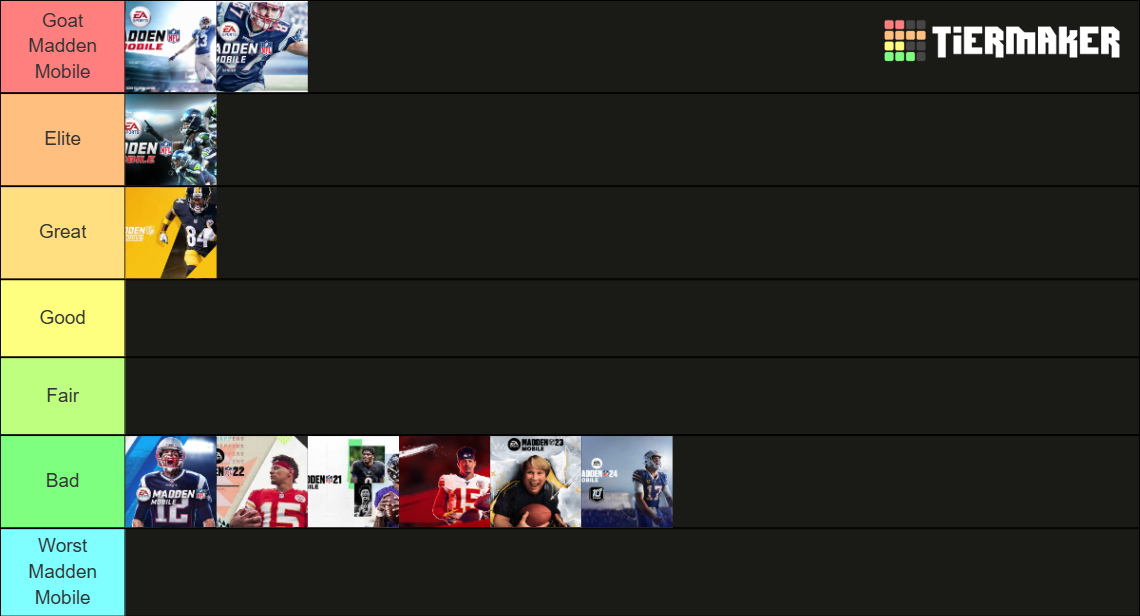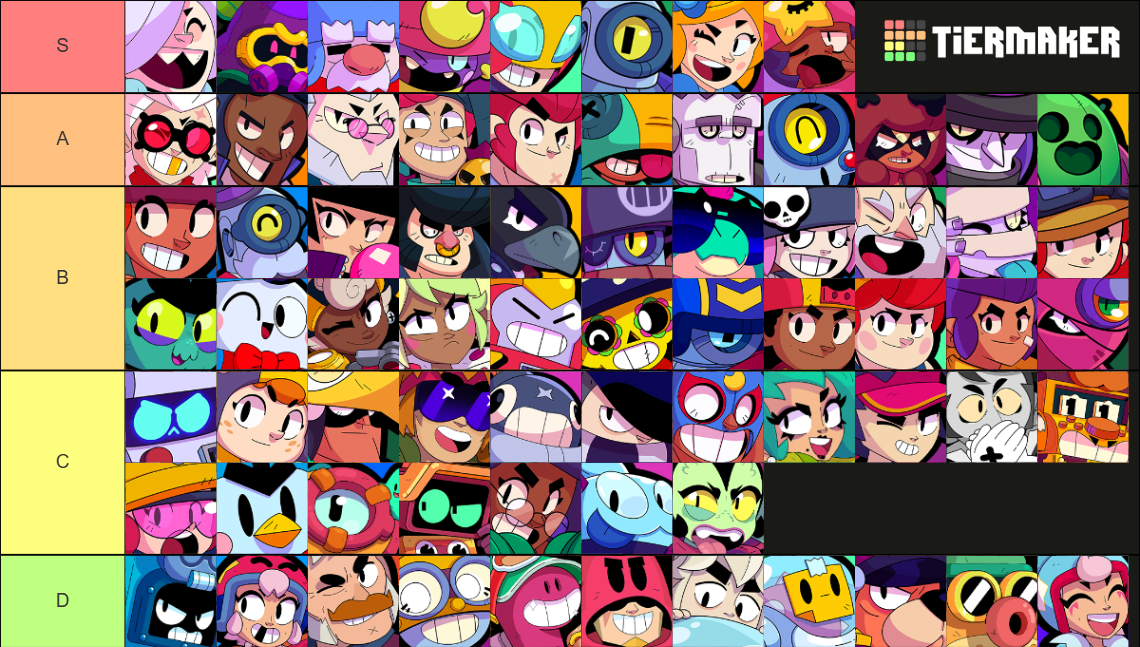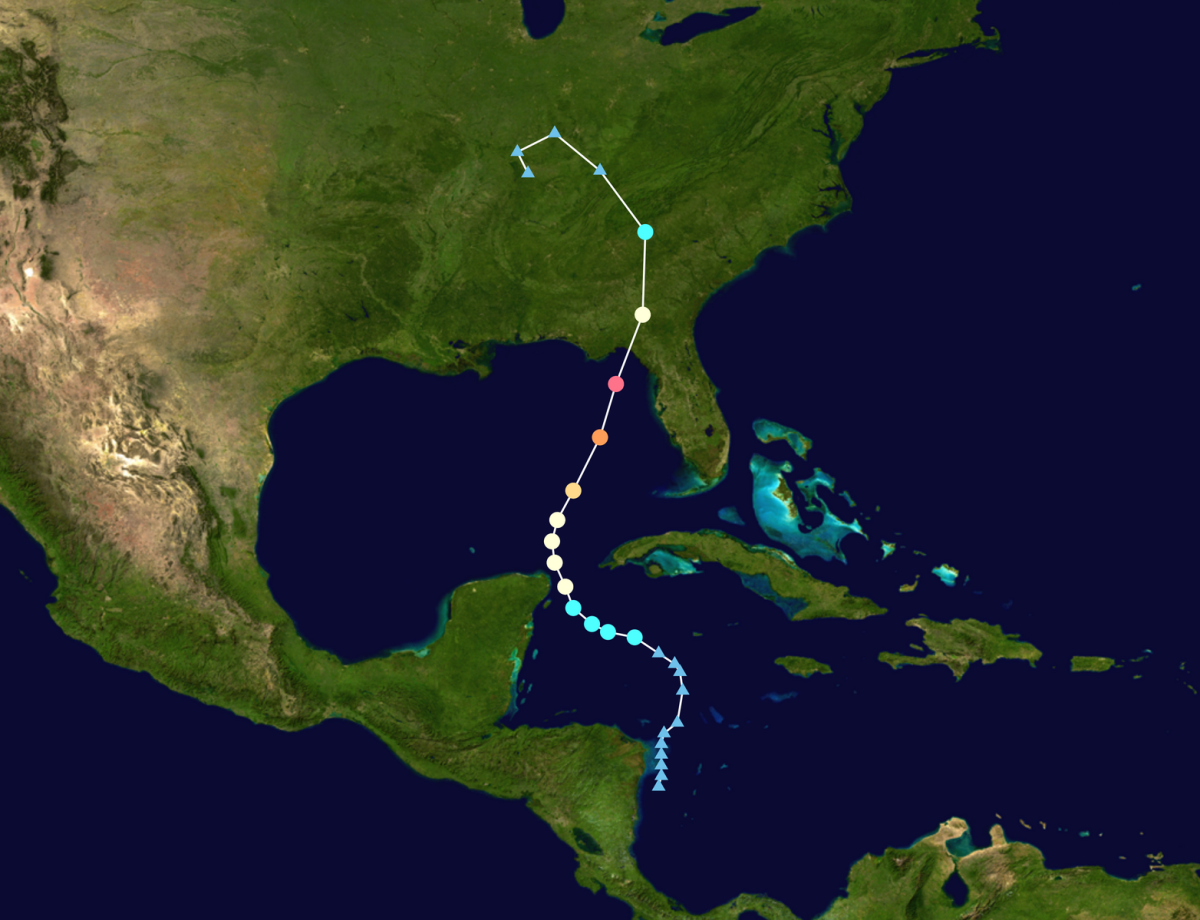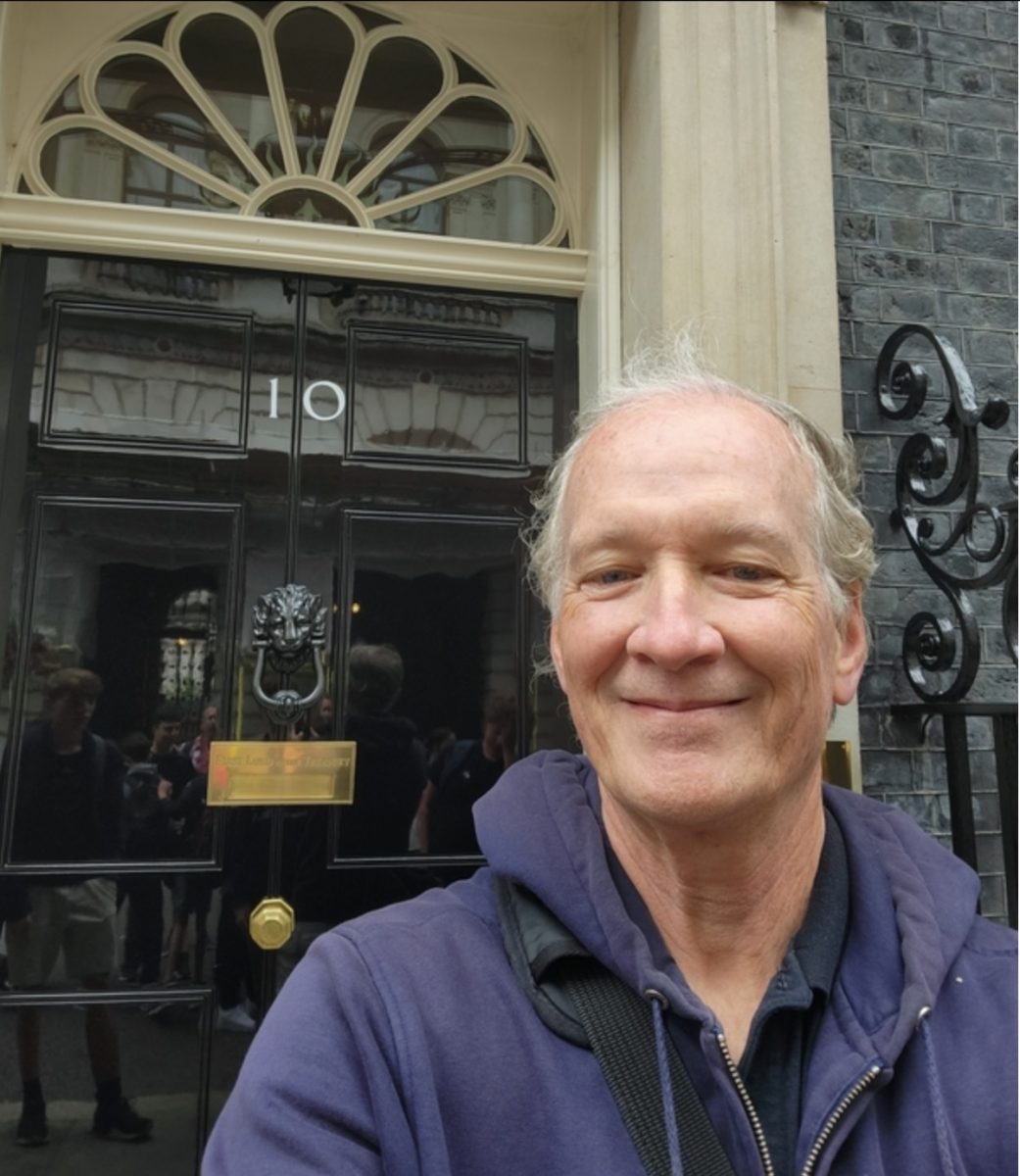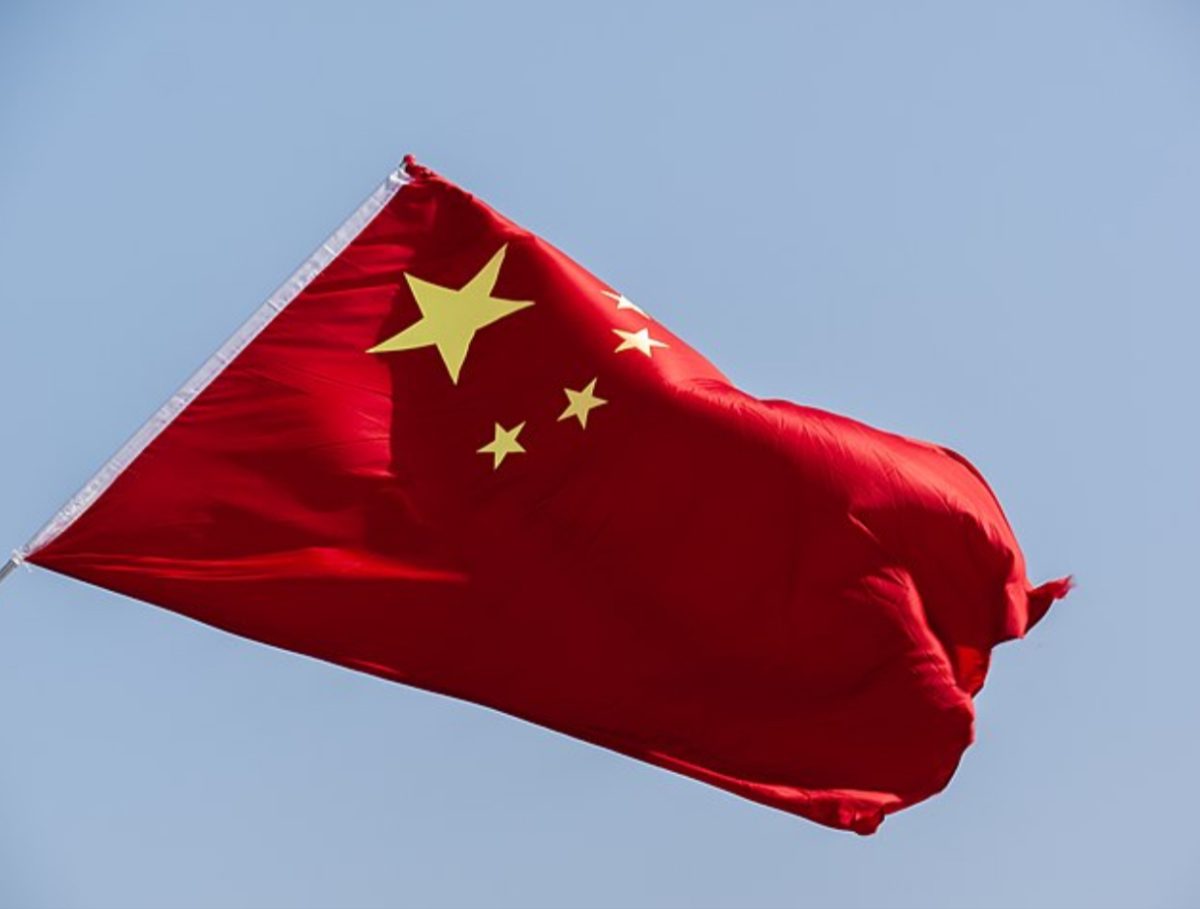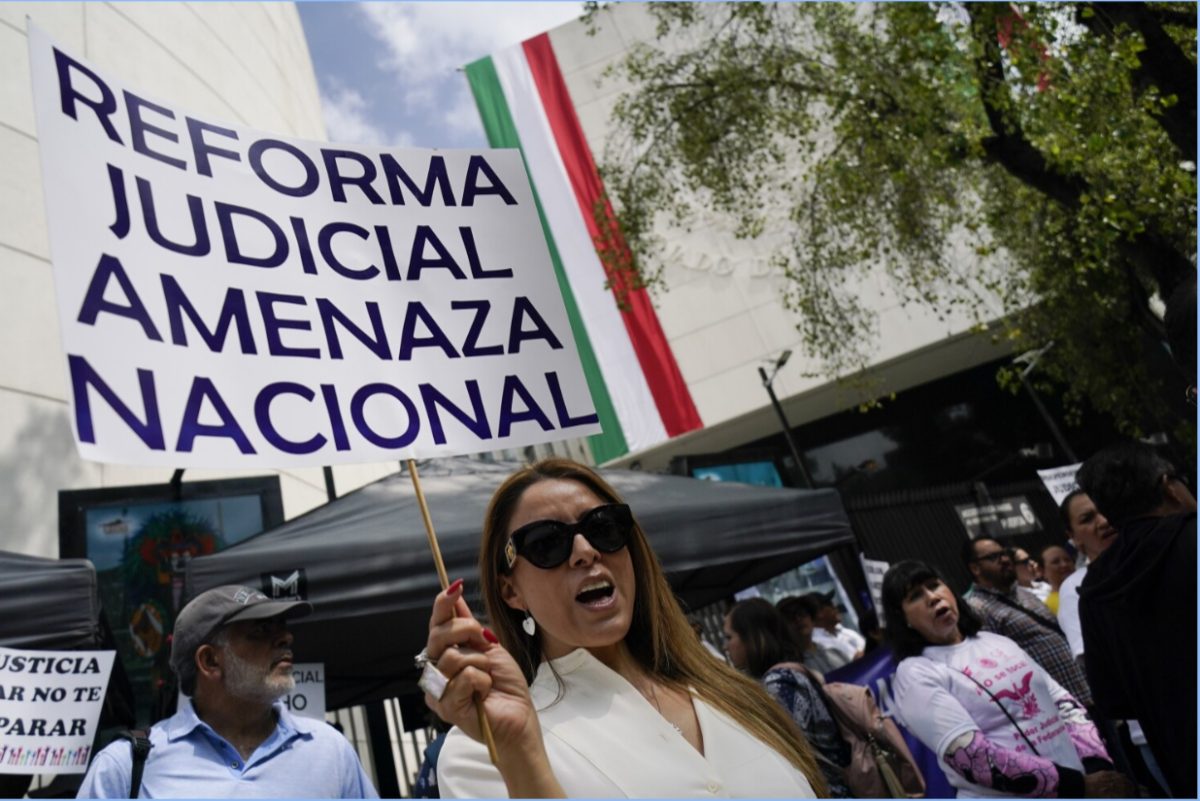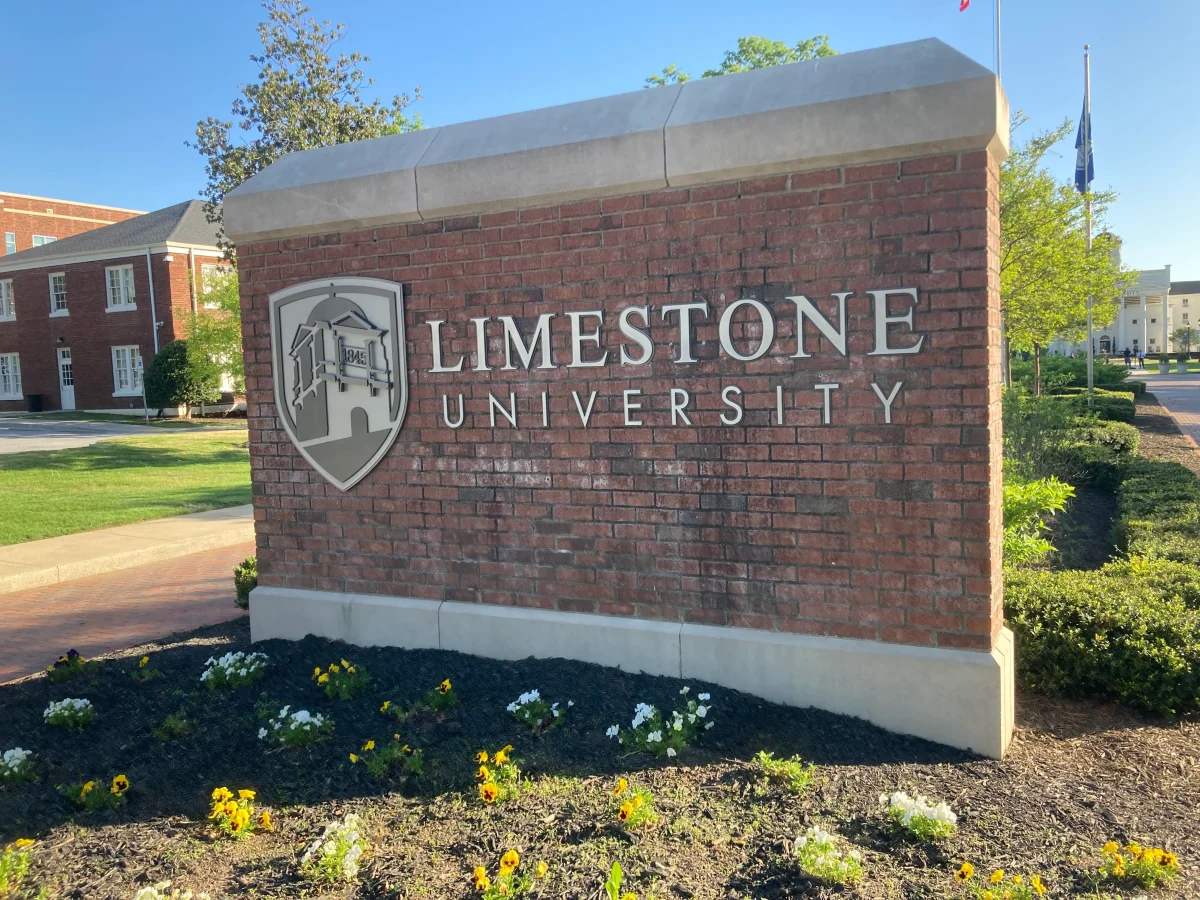
Recently, your CCES News Staff interviewed Associated Press reporter Claire Savage about her experience as a journalist.
The Associated Press (or AP) is a global news outlet that covers national and international breaking news. According to their website, they have correspondents in each state and close to 100 countries. The outlet has won 58 Pulitzer prizes, including one for the iconic photograph of six U.S. soldiers raising the American flag at Iwo Jima. Established in 1846, the publication prides itself on its swift, fact-based reporting.
Savage’s beat (or assigned area of reporting) is youth issues in Illinois, but she also reports on whatever topic is needed, from politics to crime to immigration issues. You can check out her stories on the AP website.
Savage’s day-to-day varies. Some days are busy, full of courtroom visits, interviews, and writing stories. Often, a photographer and videographer will report to the scene with her, but if one cannot, she must take all of the footage and photos herself. Additionally, Savage keeps a constant line of communication with many local figures like the mayor’s office, police officers, and court officials. She enjoys the hands-on work of interviews, as well as giving “a microphone to people who have historically not had one.”
One distinction Savage made about story types was the difference between a breaking news piece and an opinion piece. Breaking news pieces fall under the umbrella of straight news. When reading a straight news piece, Savage said that “you shouldn’t know anything about the reporter” or their opinions on the topic. On the other hand, opinion pieces contain reporters’ thoughts and ideas about relevant issues. It’s important to note that opinion pieces are labeled as such. Just because a news outlet has an opinion section (most do) does not mean that their straight news isn’t reputable and factual.
She mentioned that for sources like Fox and CNN, written news tends to be more straight news than video and TV programming. Lastly, she made the distinction between reporters and pundits. A report writes the facts without their opinion whereas a pundit offers commentary on the news.



